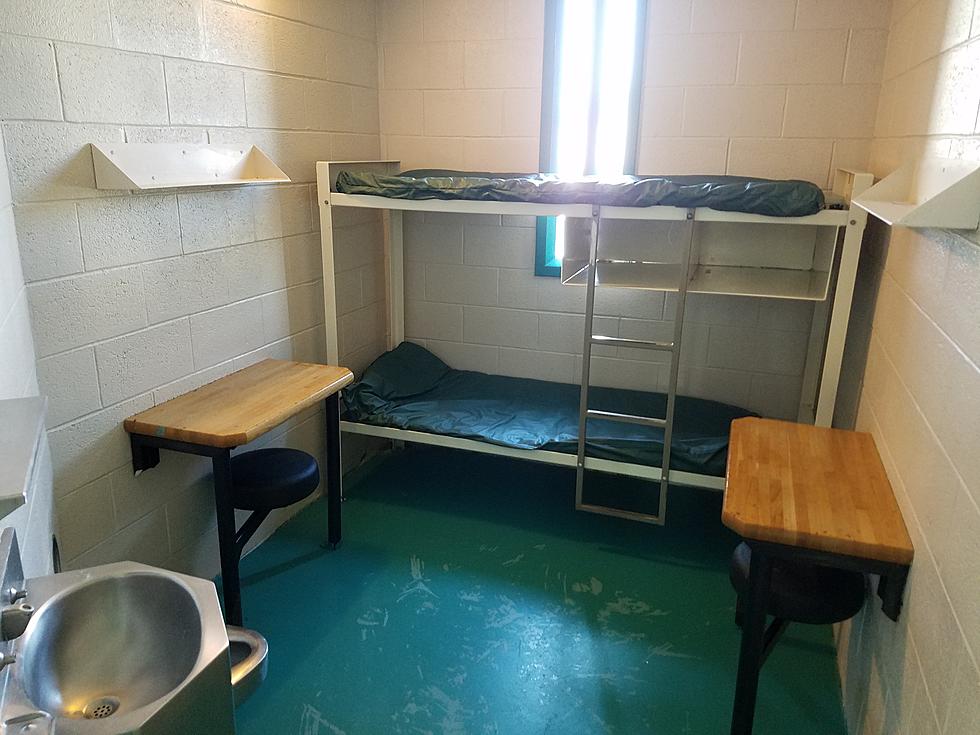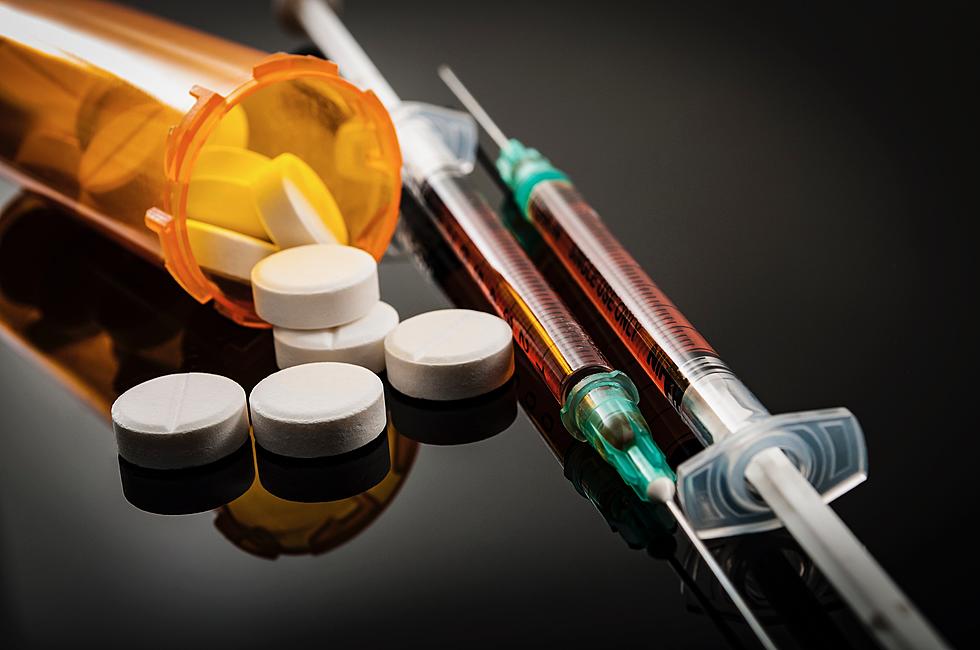How Bail Reform affects rehab: An exclusive interview inside the Monmouth County Correctional Institution
Does bail reform help or hurt more people, particularly drug offenders? On Day Four of our series about Jail Life at the Monmouth County Correctional Institution, Sheriff Shaun Golden explains how bail reform has thrown a wrench in the rehab process.
While we discussed rehab services, particularly those offered at the MCCI on Wednesday, today it's about why it's been difficult to get drug offenders into programs to help them get and stay clean due to bail reform which Sheriff Golden describes as a revolving door for these offenders who are back on the streets upon a release within 72-hours and then they're back in jail because they went back to selling, dealing or abusing drugs.
Bail Reform is designed to release non-violent offenders or prisoners who don't have access to money and reduce the prison population in New Jersey.
Under the current law the only defendants who are ineligible to be released are those charged with a murder.
Sheriff Golden says while to some extent it's worked, the problem lies with someone who has an addiction or a psychological illness.
"Are they receiving the care that they otherwise would have if they were awaiting bail or trial for days or maybe weeks?," Golden said. "It's now turned into being released at the local station and we don't see them, there's not even an opportunity for them to seek those kind of services out."
Golden says another part of the problem is that they're being released too soon and aren't being screened for a substance abuse problem.
"Now you have to have the hearing within 24-hours, they're going before the judge who reduce the bail or give no bail and they're being released, so a person that would be staying in our facility for a week or two weeks, or even 48-72 hours is being released instantly and not being screened for any type of addiction services that they need and so we'll see them again," Golden said.
He when drug offenders are arrested and brought to the MCCI, they detox, but many relapse after being released.
"Whatever your addiction was that day, whether it was four bags of heroin or eight bags of heroin and now you're detoxing for 48 or 72-hours and you're going back onto the streets, you can't do that same eight bags, you'll overdose and die," Golden said. "Is that doing the person any good if they're just going to go out and re-offend or with the addiction, re-use or abuse the substance? That's not doing anybody any good."
Golden says while Bail Reform has its place, there's a gap, and in Monmouth they're filling it by screening the offenders and make sure they have the necessary resources to get and stay clean.
That's where the 'Next Step' program was born to help break the cycle of addiction and to get these inmates some type of treatment or help before they're back on the street doing drugs and making a return trip to prison.
"Let's interview them before they leave here as they're going to see the judge so that if the judge recommends no bail or sets a future court date, at least we have some type of interview going with certified clinicians that say, 'hey, if you need help we can supply help'," Golden said.
Ocean County Prosecutor Bradley Billhimer told WOBM News in November 2018 that bail reform helps where it was designed to in releasing eligible prisoners who don't have access to money, but it hurts those addicted to drugs who are arrested for possession or with an intent to distribute and then released within 72-hours without enough time to detox.
"People who need treatment are getting out in three or four days and haven't sufficiently detoxed and now they're back on the streets," Billhimer said. "In the old days, you put a monetary bail on somebody that was charged with possession or possession with intent to distribute while somebody who was a user would stay in jail and the judge would order some kind of services and that would start the rehabilitation process...bail reform has taken that part of it away."
Billhimer said he's had conversations with Sheriff Golden and Monmouth County Prosecutor Chris Gramiccioni on how they're using resources to try and help those addicted to drugs.
"They're using all those available resources so that if somebody gets out on bail reform and they're released by a judge, they direct them right to the services," Billhimer said. "There's no guarantee they go to the services but the services are available at the point of release and that's something that I think we need to implement here in Ocean County."
While in many ways bail reform works and has done what it's supposed to, some argue there's an unintended consequence inside the law that drug offenders are being released without time get into rehab or detox.
Sheriff Golden said it's time to reevaluate bail reform and make changes.
"I'm certainly hopeful that this whole idea of contact and resources upon a persons discharge, whether it's at the local municipality or here at our intake and discharge center, that those (services) will be offered to them," Golden said.
Golden hopes other institutions will follow in their lead of providing rehab services like their 'Next Step' program.
*On the Final Day of our series on Prison Life tomorrow, Joe Arroyo explains how he's planning to use his latest second chance to be a better role model and never re-offend.
More From Beach Radio









